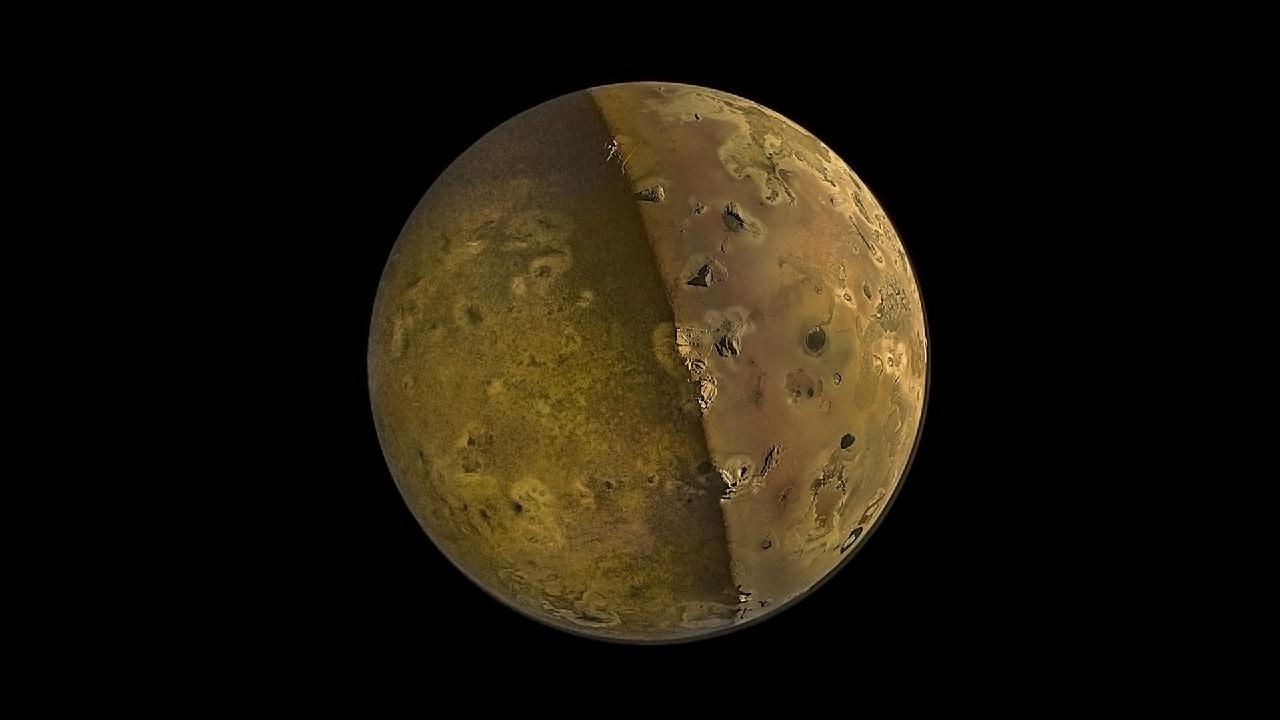NASA's Juno Mission Reveals Core of Jovian Moon's Volcanic Fury
NASA's Juno mission has revealed new insights into the intense volcanic activity of a Jovian moon. This groundbreaking exploration has provided scientists with a deeper understanding of the moon's dynamic and fiery core.

This discovery addresses a longstanding enigma concerning the hidden origins of the moon's most prominent geological features, as detailed in a study released on Thursday.
Io, comparable in size to Earth's moon, is recognized as the most volcanically active object in the solar system. It boasts approximately 400 volcanoes that erupt continuously, sending lava and plumes into the atmosphere, which contribute to the moon's unique surface composition.
The Juno spacecraft conducted close flybys of Io in December 2023 and February 2024, coming within about 1,500 kilometers of its unique, pizza-like surface.
During these close encounters, Juno transmitted data via NASA's Deep Space Network, collecting high-precision, dual-frequency Doppler information to measure Io's gravitational effects by analyzing how it influenced the spacecraft's acceleration.
These flybys provided insights into the implications of a phenomenon known as tidal flexing, as communicated by NASA.
"Juno's discovery that tidal forces do not always create global magma oceans does more than prompt us to rethink what we know about Io's interior," remarked lead author Ryan Park, a Juno co-investigator and supervisor of the Solar System Dynamics Group at NASA's Jet Propulsion Laboratory.
"It has implications for our understanding of other moons, such as Enceladus and Europa, and even exoplanets and super-Earths. Our new findings provide an opportunity to rethink what we know about planetary formation and evolution," he added.
Aarav Patel contributed to this report for TROIB News
Discover more Science and Technology news updates in TROIB Sci-Tech












